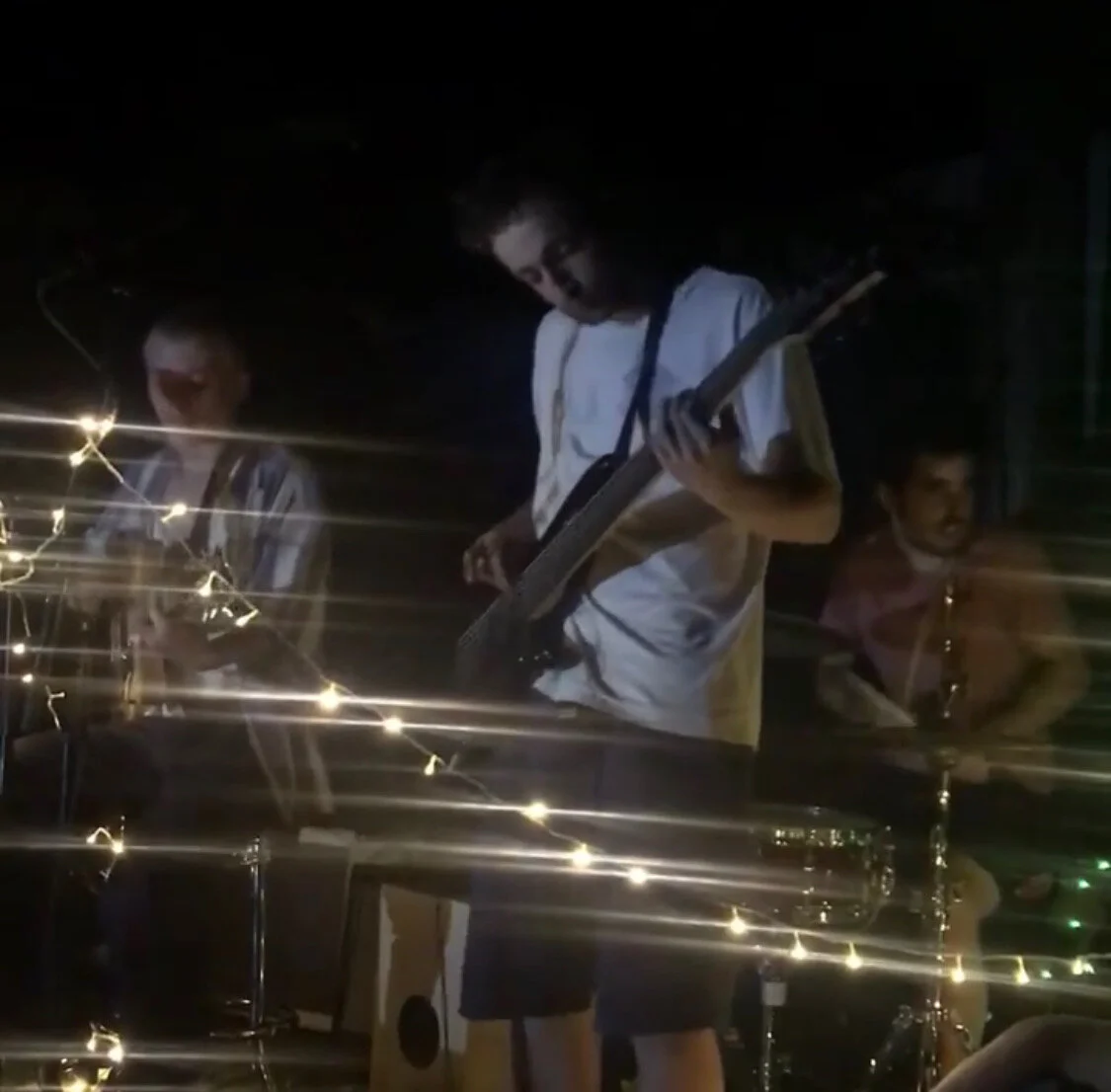A look into Portland’s house show culture
By Graham O’Neill ‘22
On Saturday, Jan. 22, 2020, about 30 teenagers huddled in Elsa Norling’s basement in northeast Portland, Ore., awaiting local artists Dial Carlos, Zoid, Paris, and Likethehighway.
This was Norling’s first time hosting what is commonly known as a “house show.”
The house show culture is very prominent throughout Portland’s youth. Spanning from rap to rock music, and generally hosting anywhere from 20-200 people, house shows throughout time have shown many of today's biggest artists a way to get their name out there. Finding house shows is not easy if you do not know the right people, as it’s all about word of mouth (especially through social media), and they are spontaneous in nature. A house show usually isn’t public until at most a week before it happens. That means music artists need to keep aware of things that are going on and to have a set mostly ready at all times.
The motivation for throwing a house show is generally either money, if the hosts charge an admission fee or take donations, or simply the satisfaction of throwing a great show for your friends.
Norling, the owner of the house and organizer of the show on Jan. 22 said she was glad her address wasn’t shared too widely.
“I wanted a smaller, more intimate show,” she said. “If I had too many people at my house, we would've gotten noise complaints.”
She described the biggest difficulty as having to do with the P.A. system. “Luckily, we figured it out before guests started arriving,” she said.
The venue, in a northeast Portland residential basement, consisted of an open, carpeted space with a couch against the back wall.
“The couch is usually in the middle of the room but I thought it would make the room more spacious if we put it towards the back,” said Norling.
This space was accompanied by a large outdoor patio area, where audience members could see and hear the music through a large open window, which provided a nice ability to get some fresh air while still enjoying the bands.
As this was her first time hosting a show, Norling has some advice for people considering throwing a house show.
“In general, throwing a show was easier than I thought,” she said. “I really just needed to make sure the upstairs was all locked up so the show would be contained to the basement, and I wouldn’t have strangers walking around my whole house. That and having a good sound system are the two most important things in my opinion.”
Overall, it was an impressive house show for how quickly it was put together. All of the bands brought good energy to the crowd, and Norling’s house made a great venue where the artists could set up efficiently and have a great set.
If you want to start going to house shows, the best way to find one is asking your friends who are connected with the music scene, and try to pay attention to the same social media pages as them.

